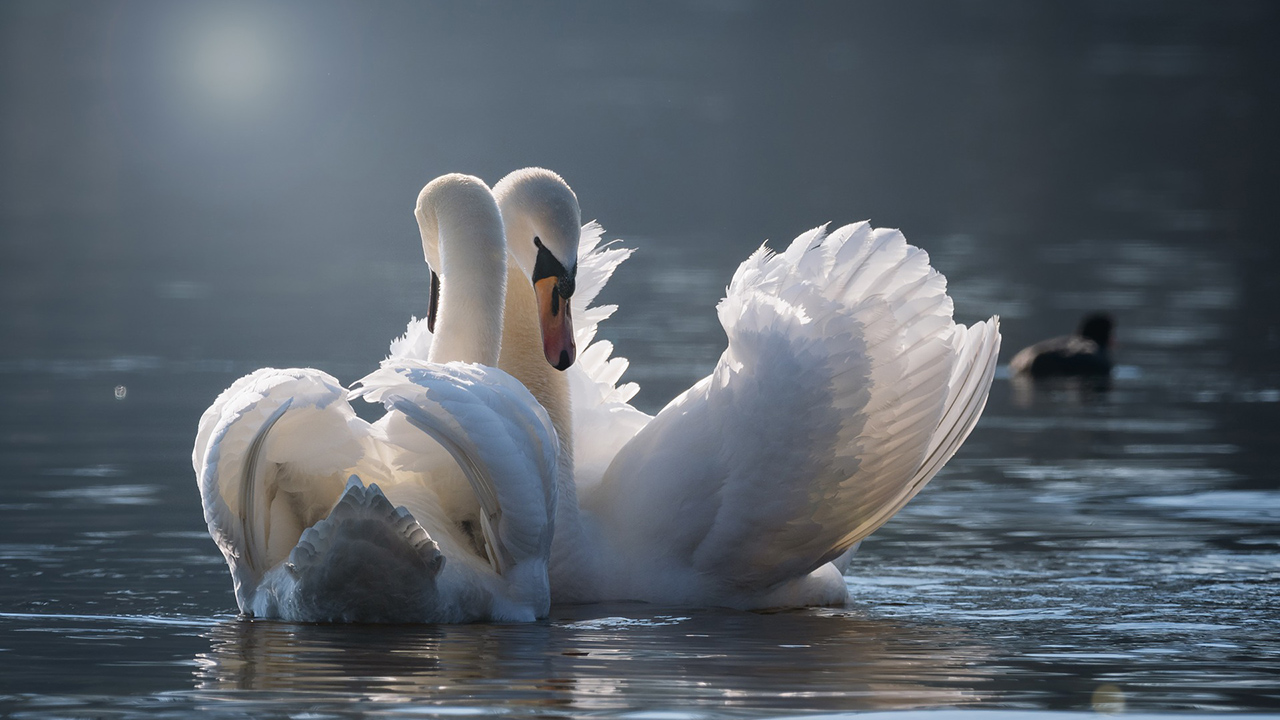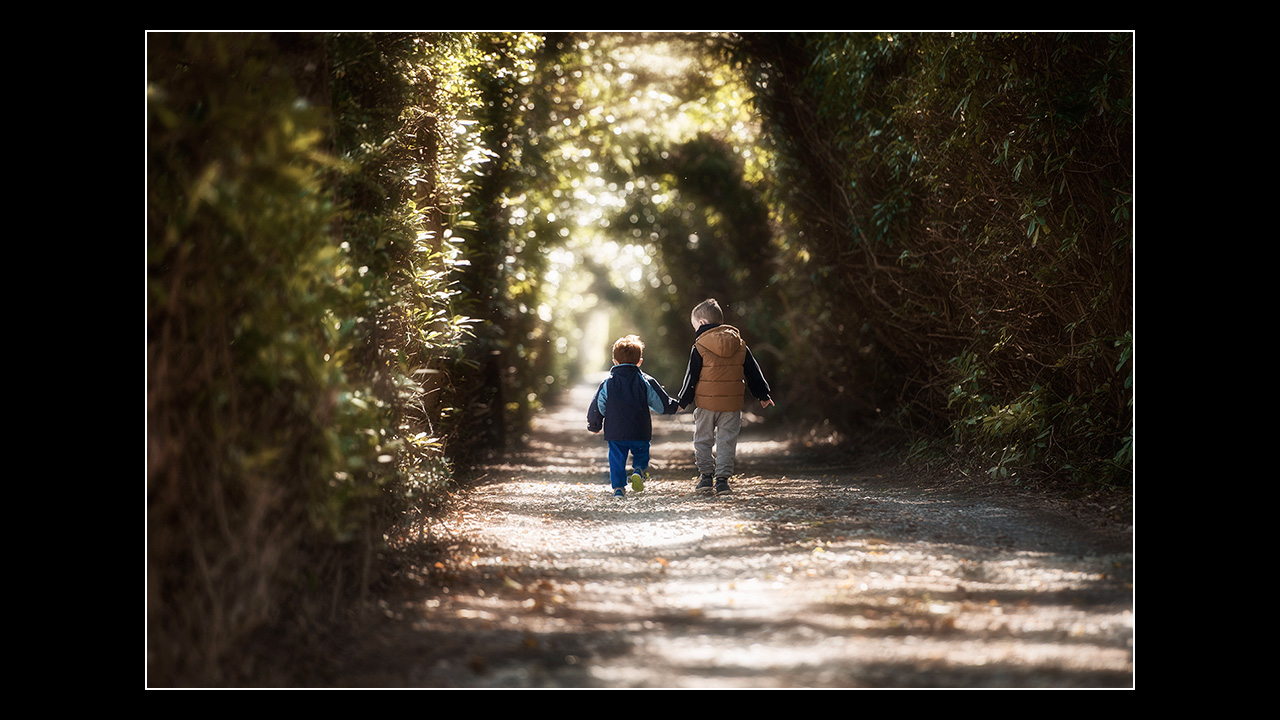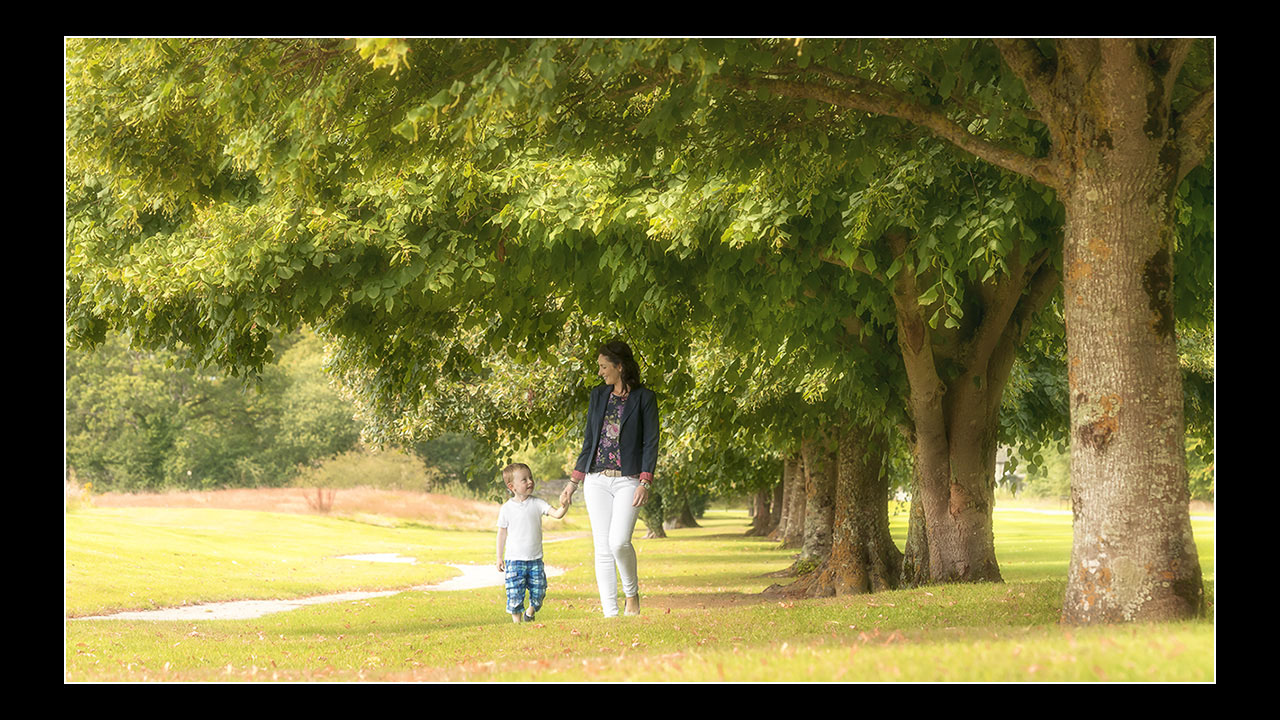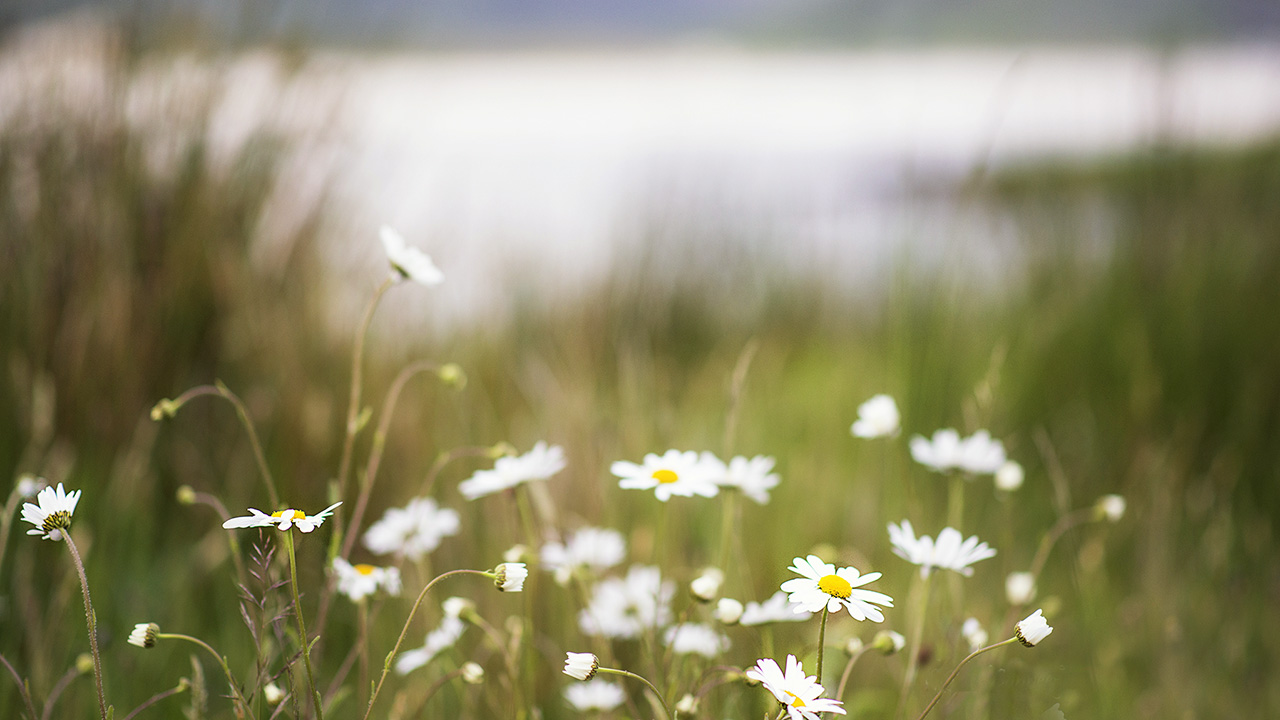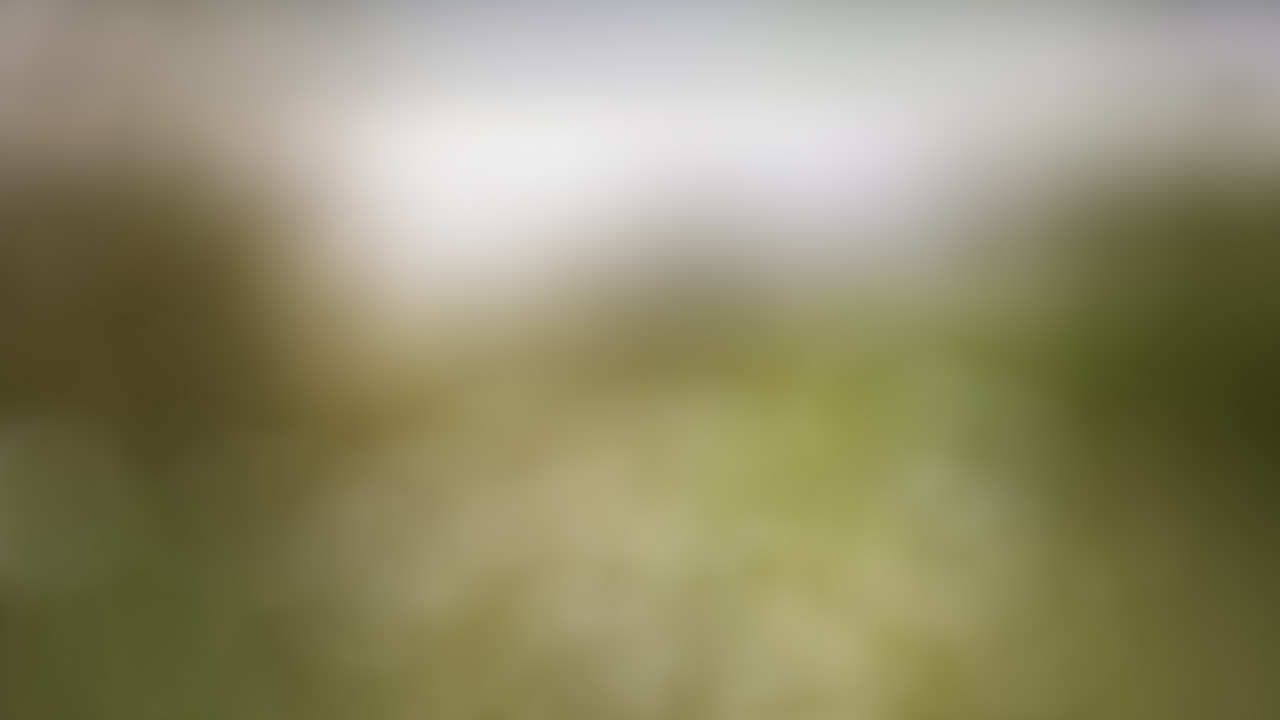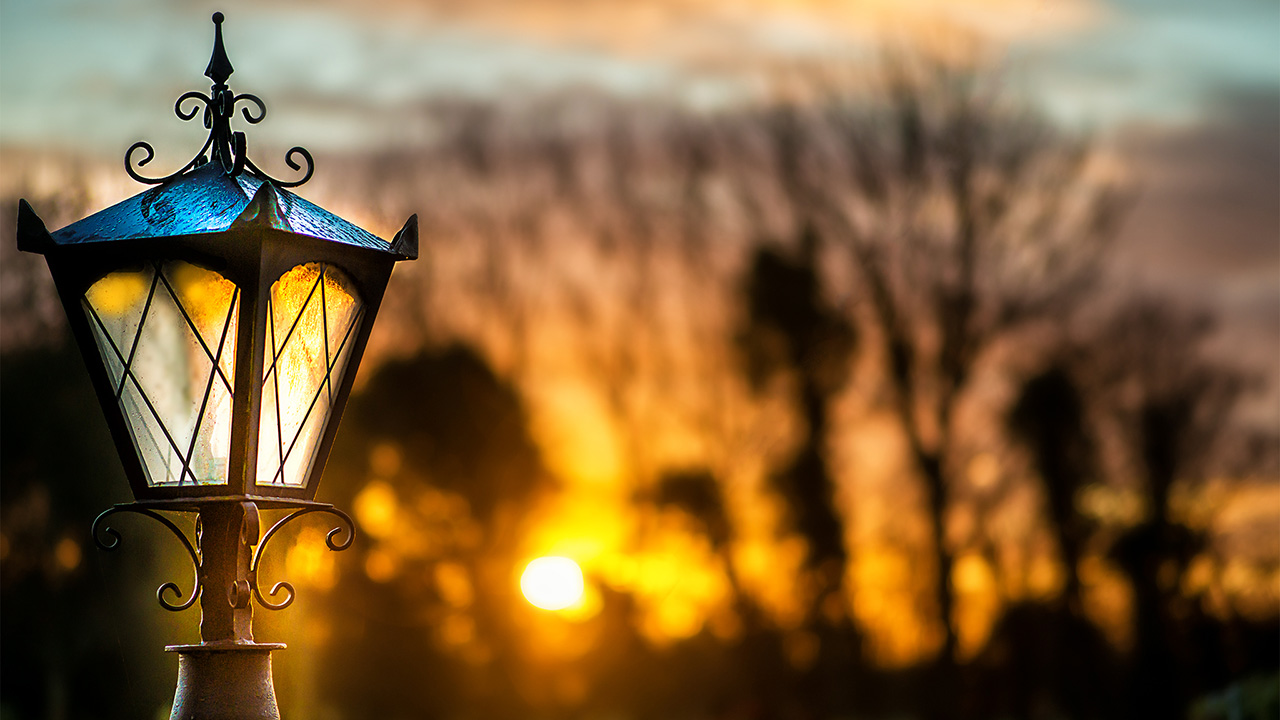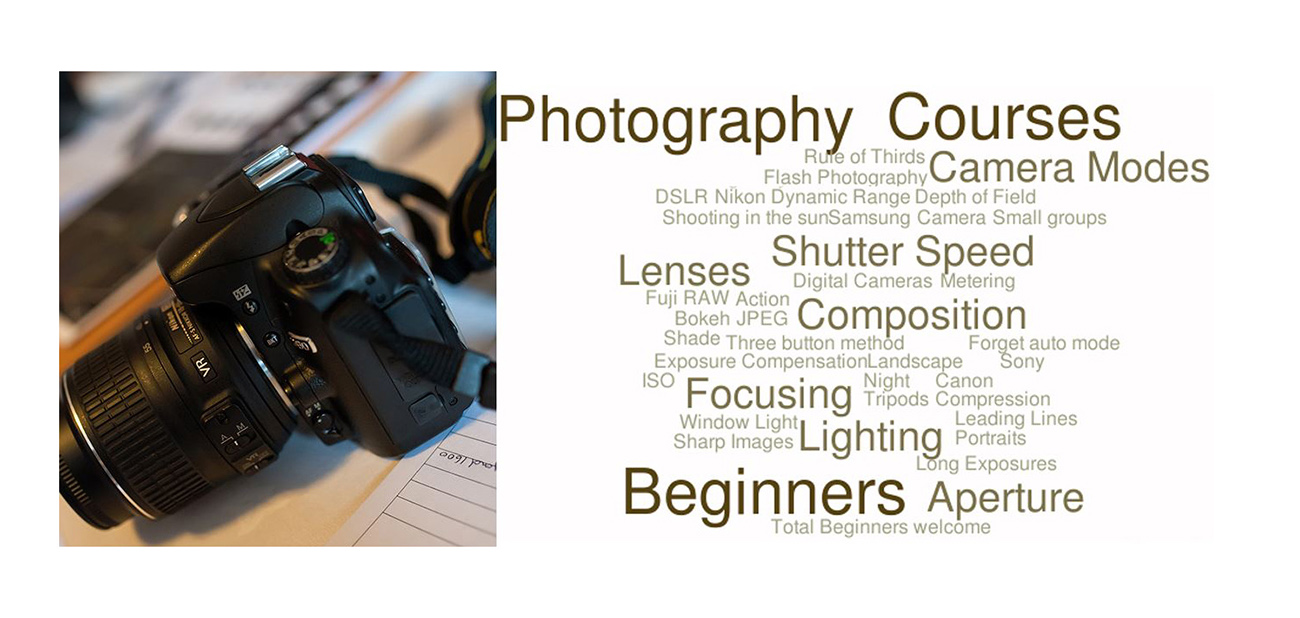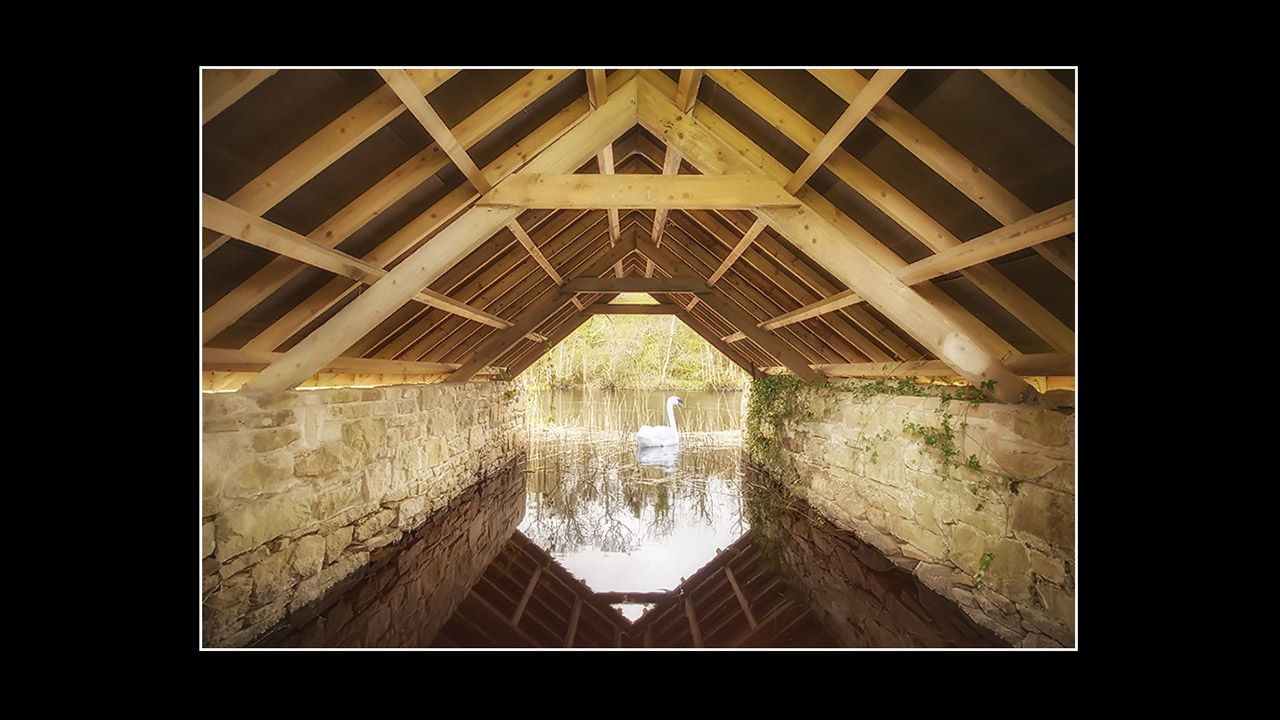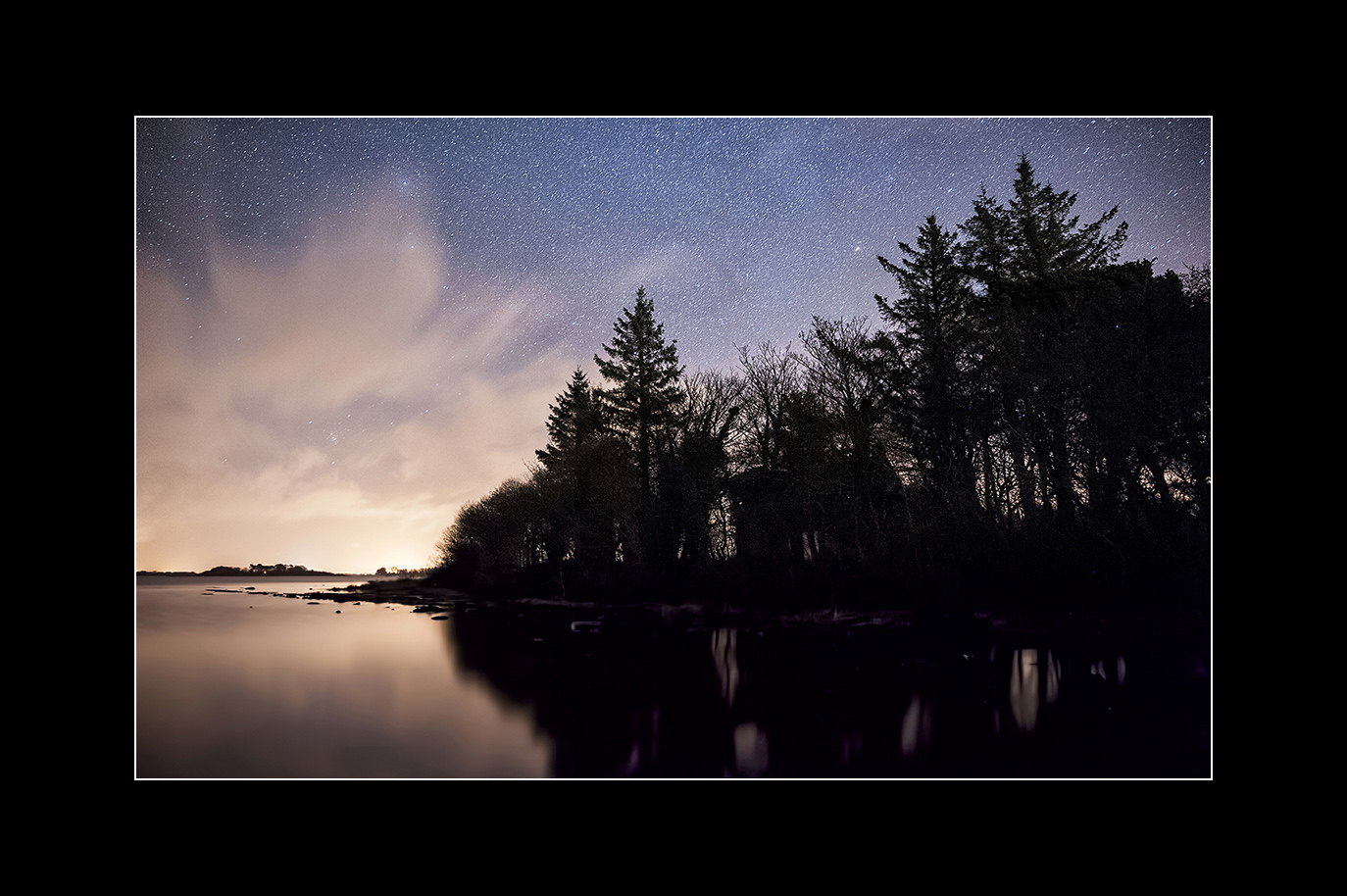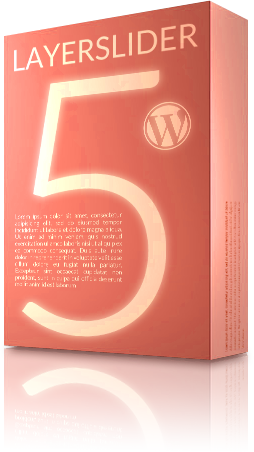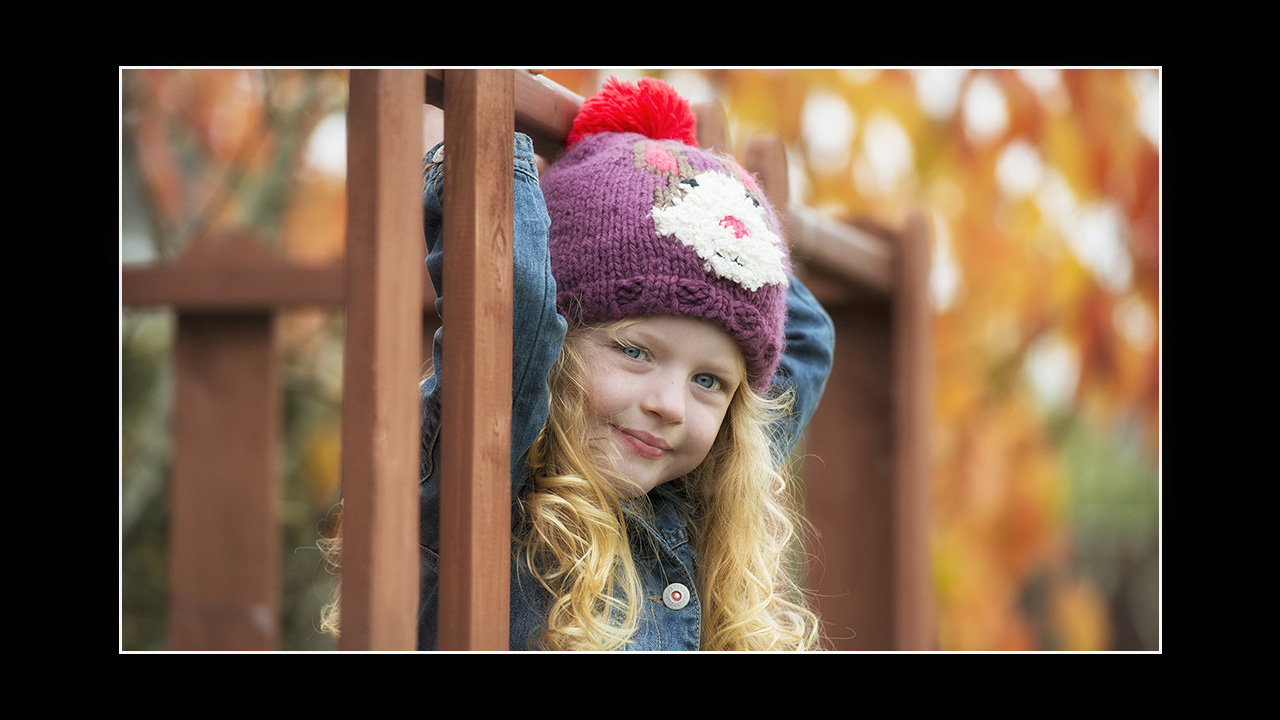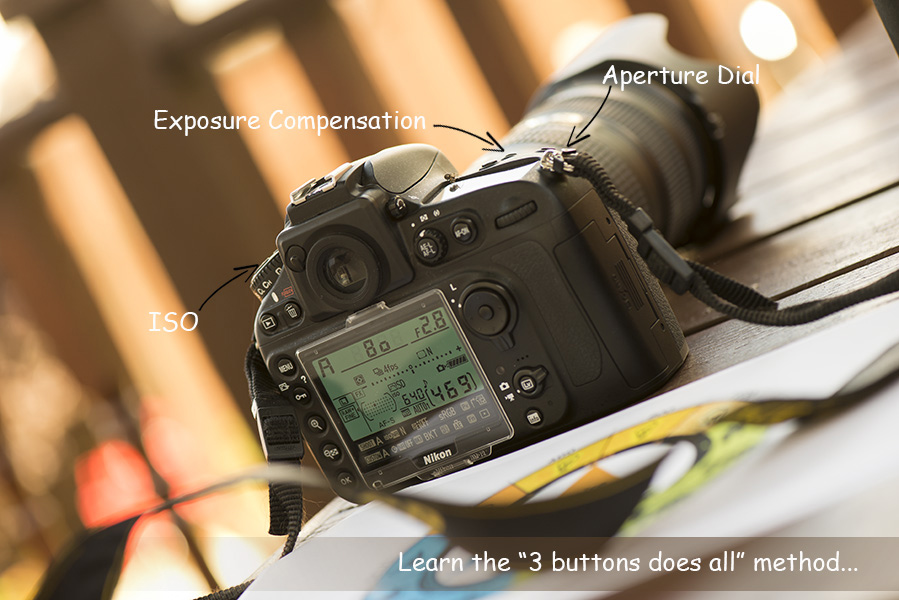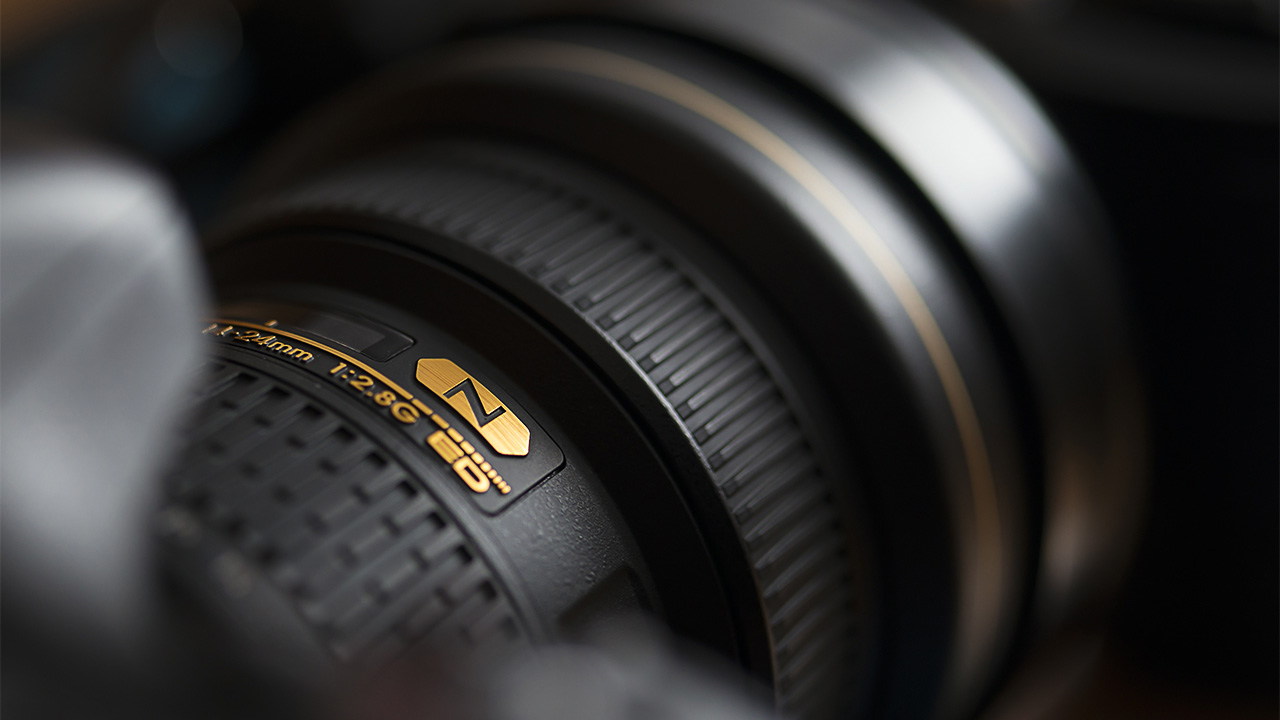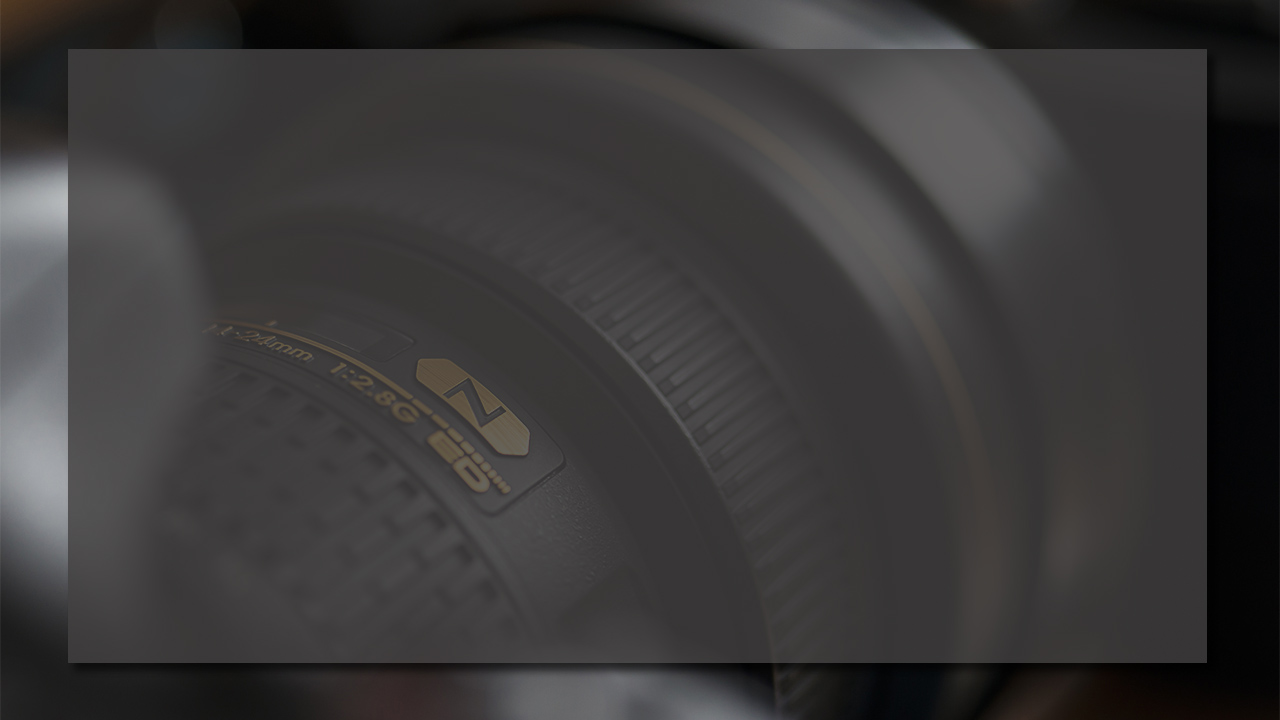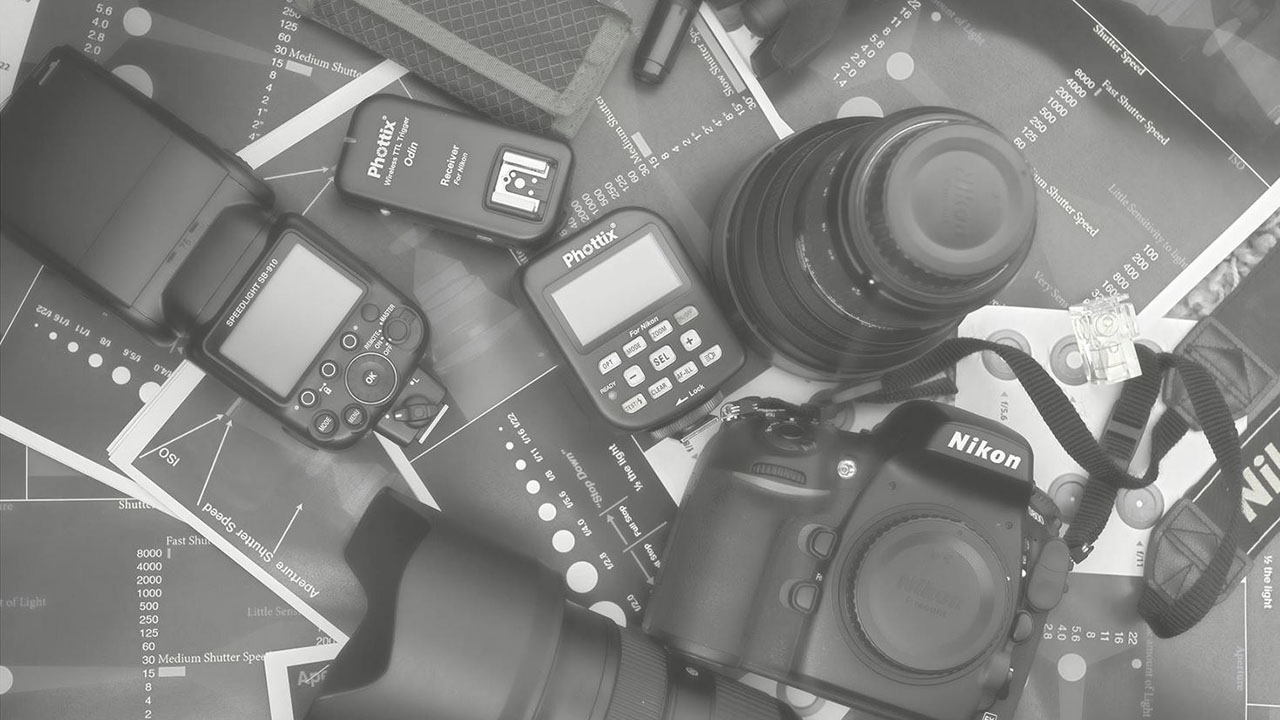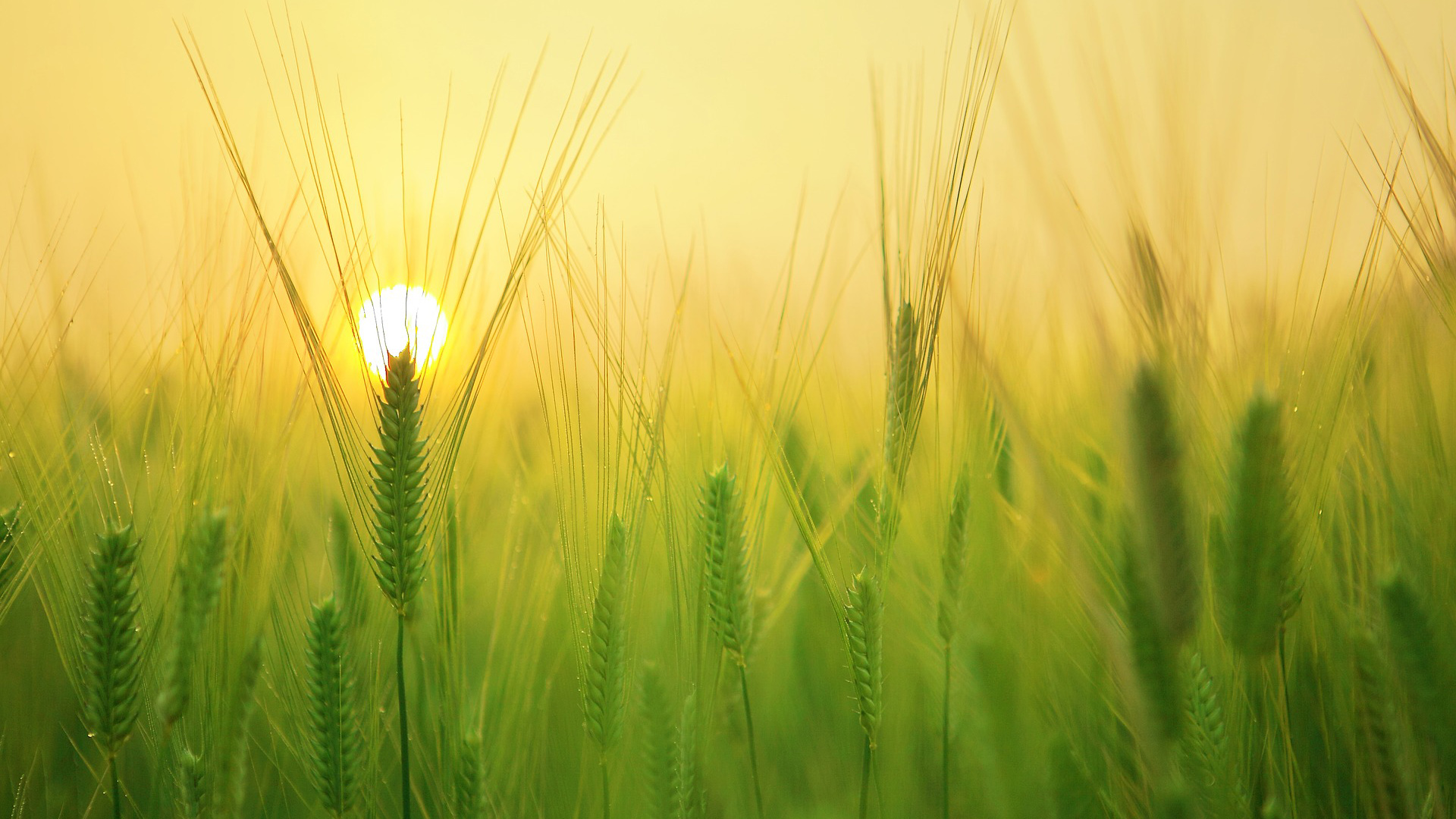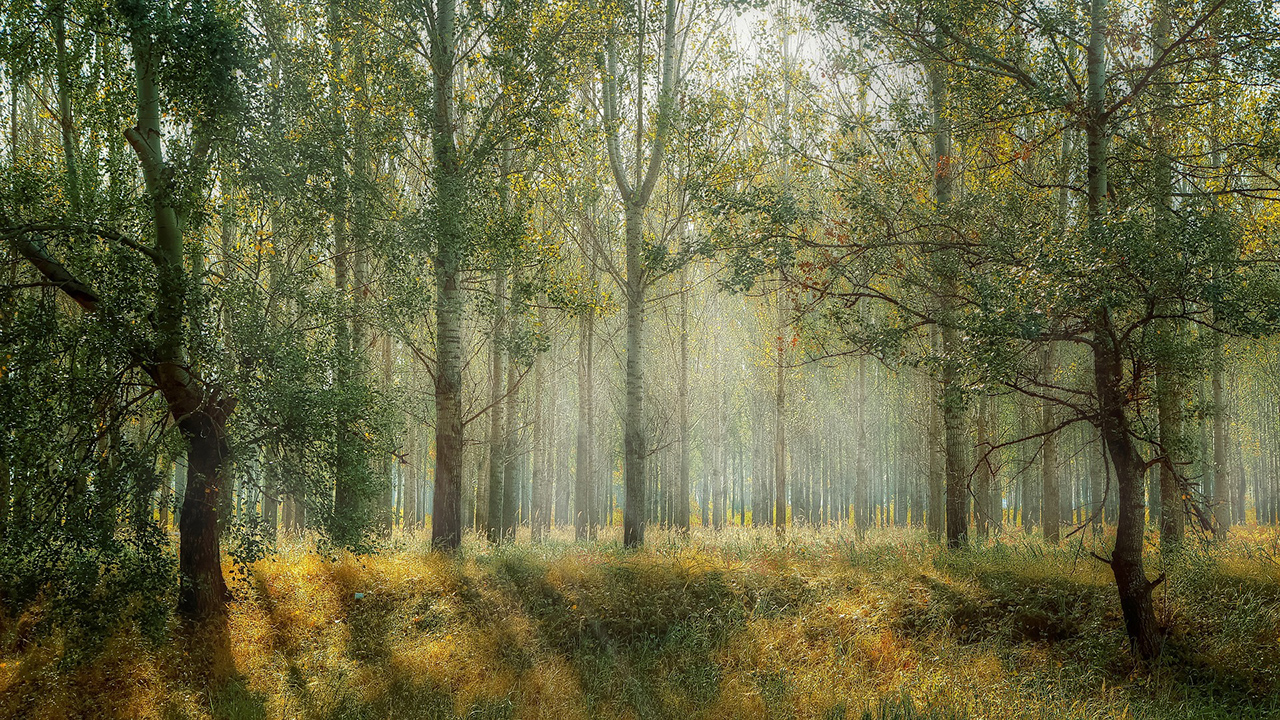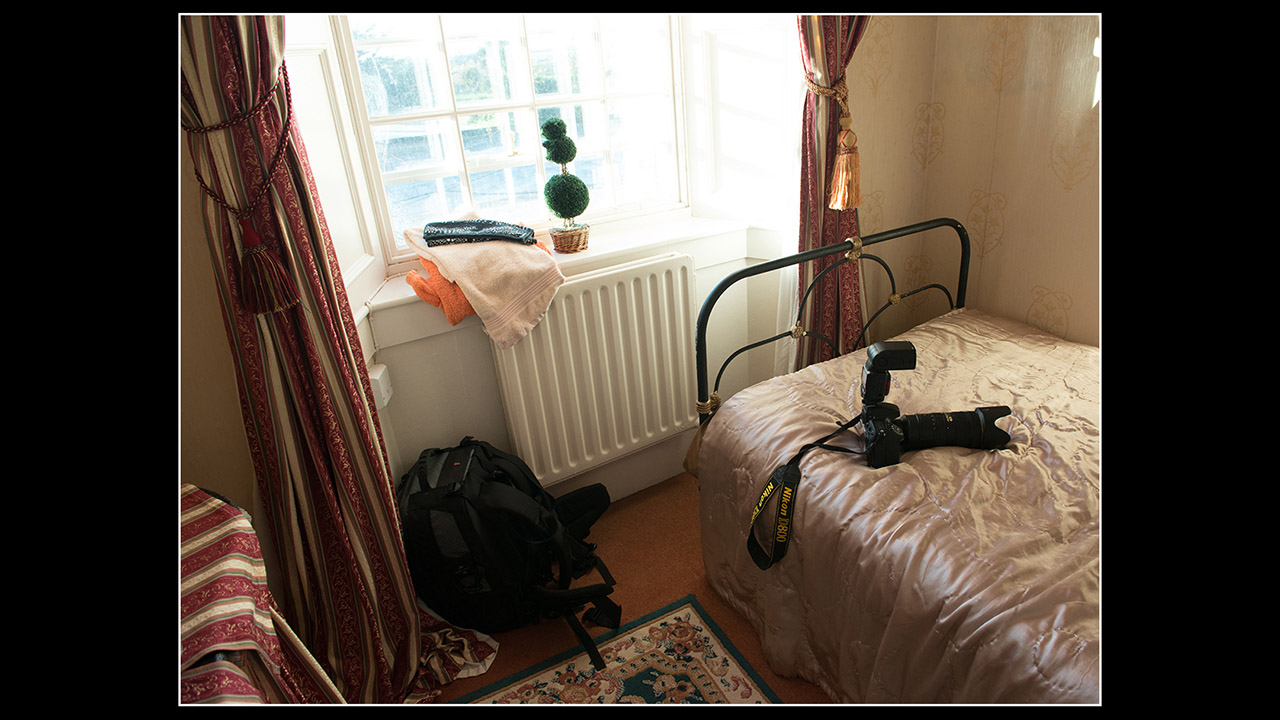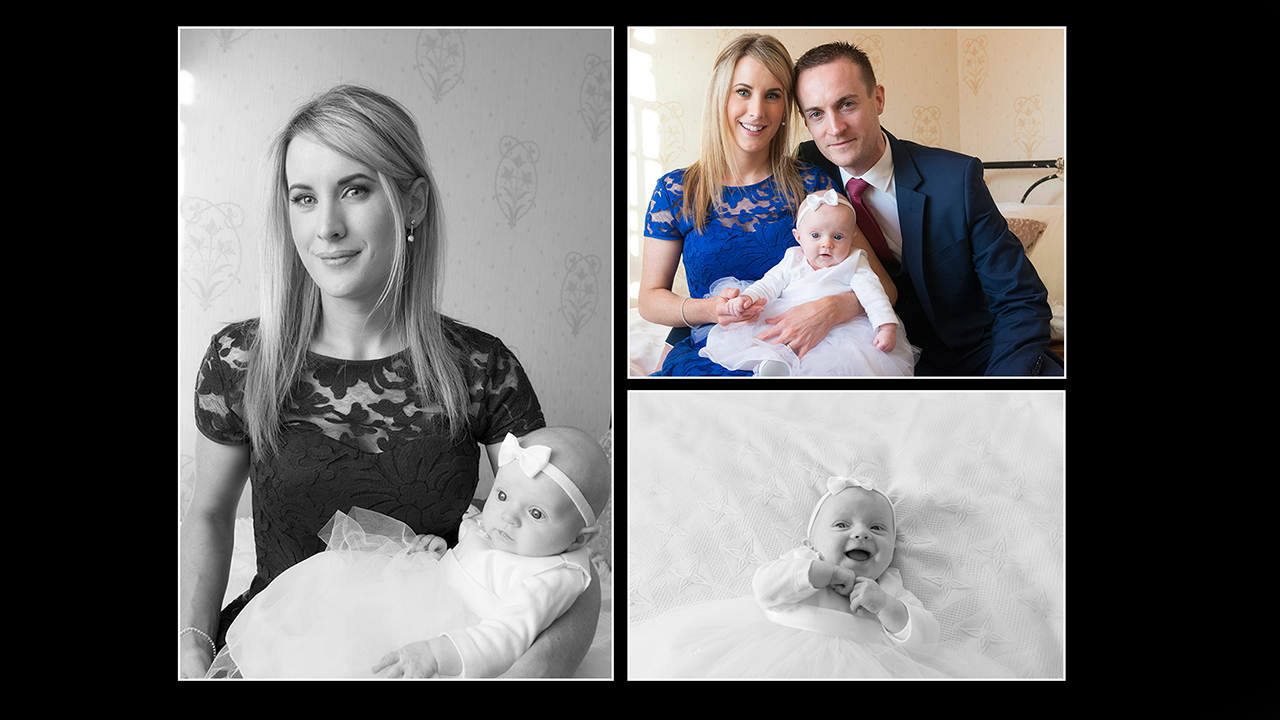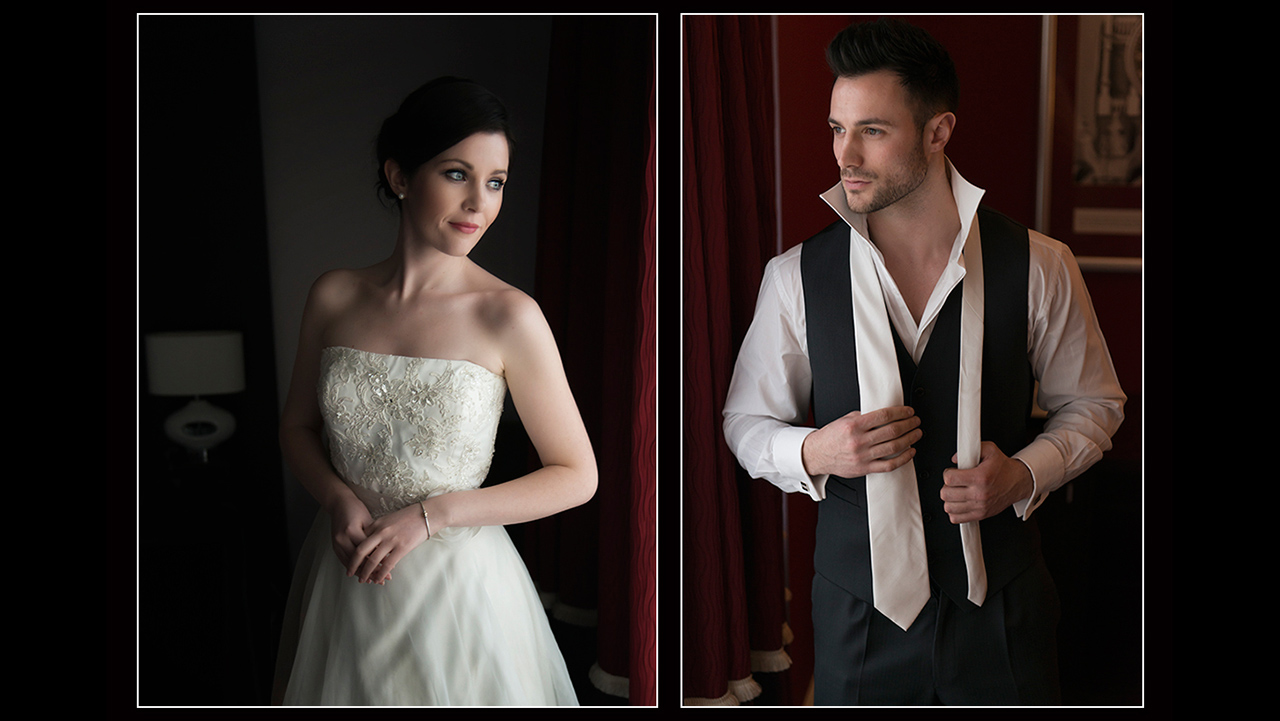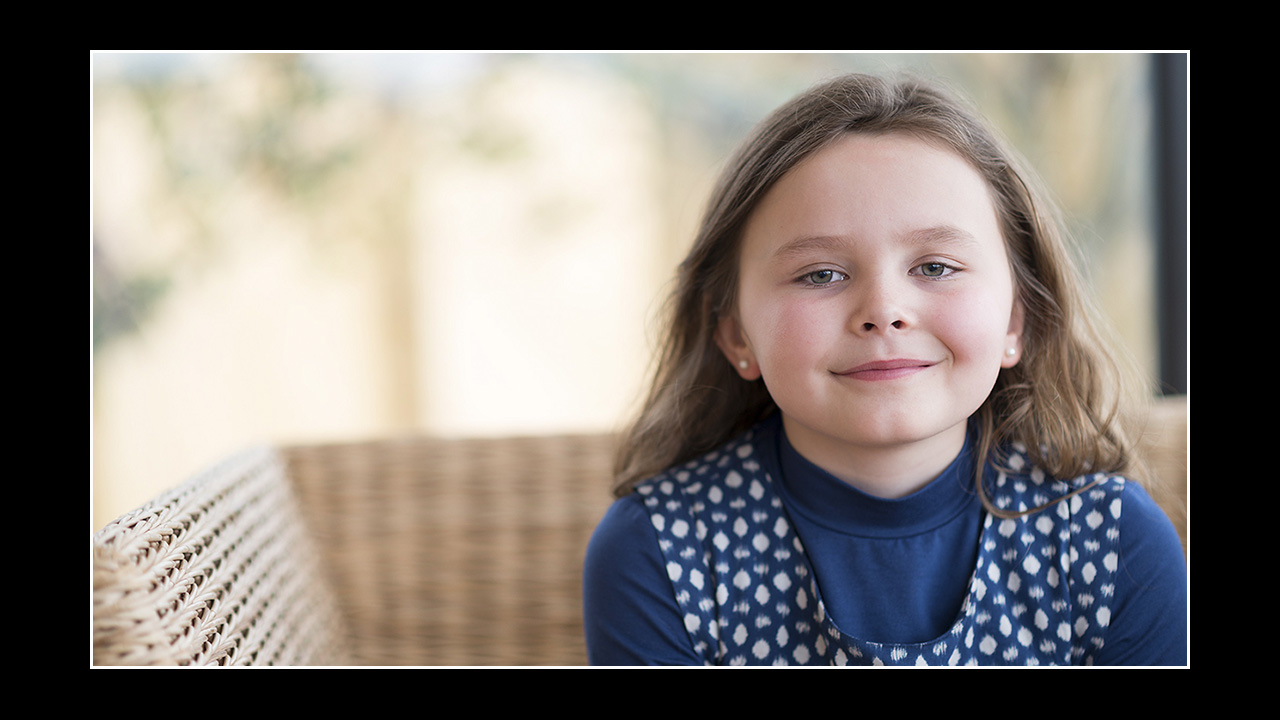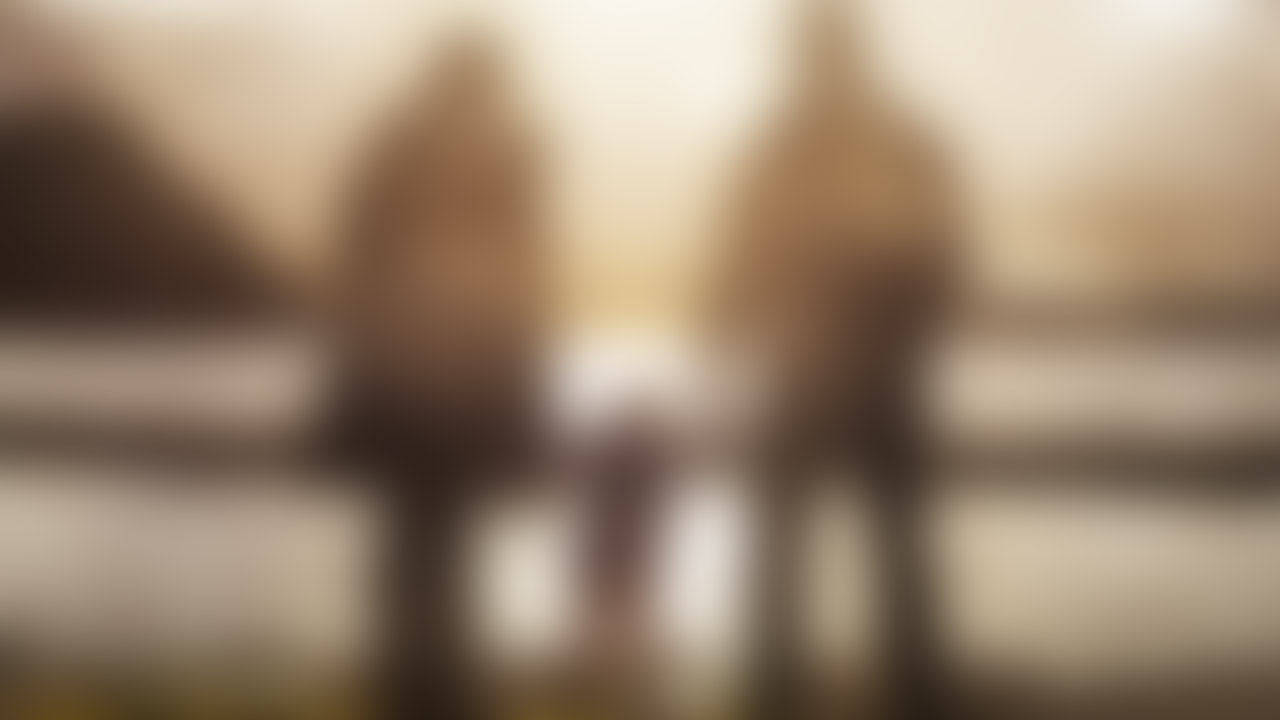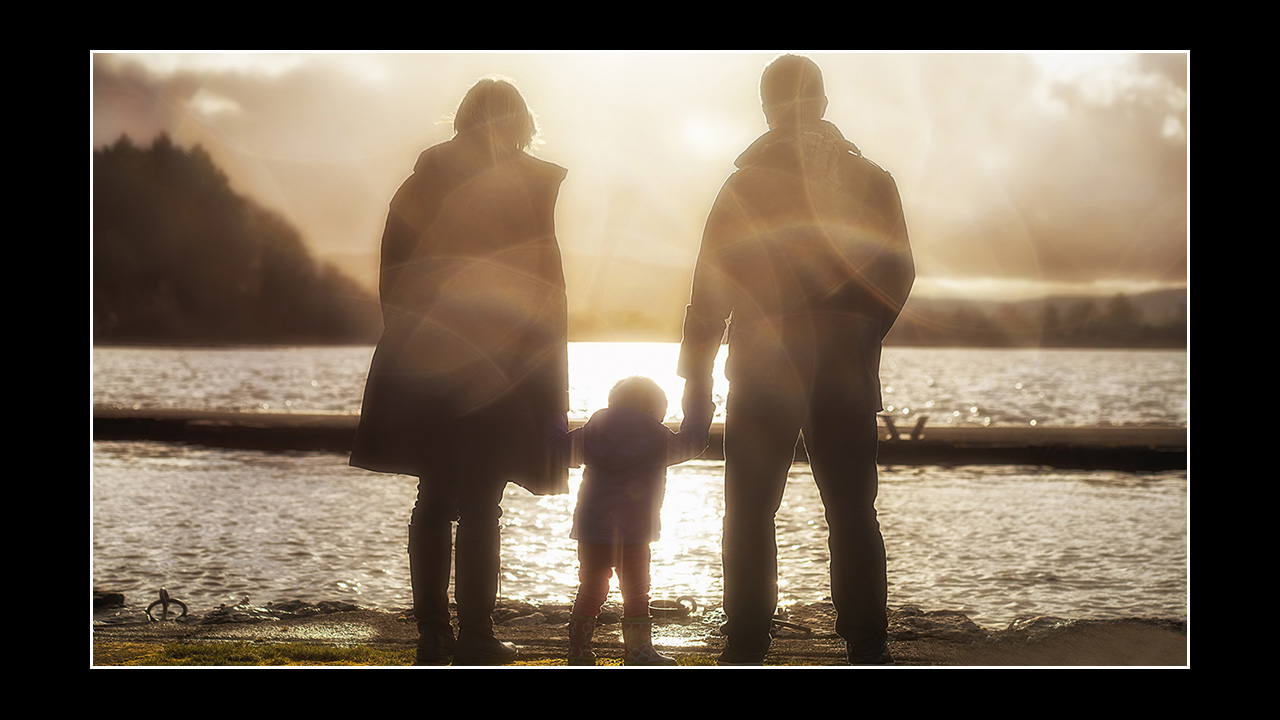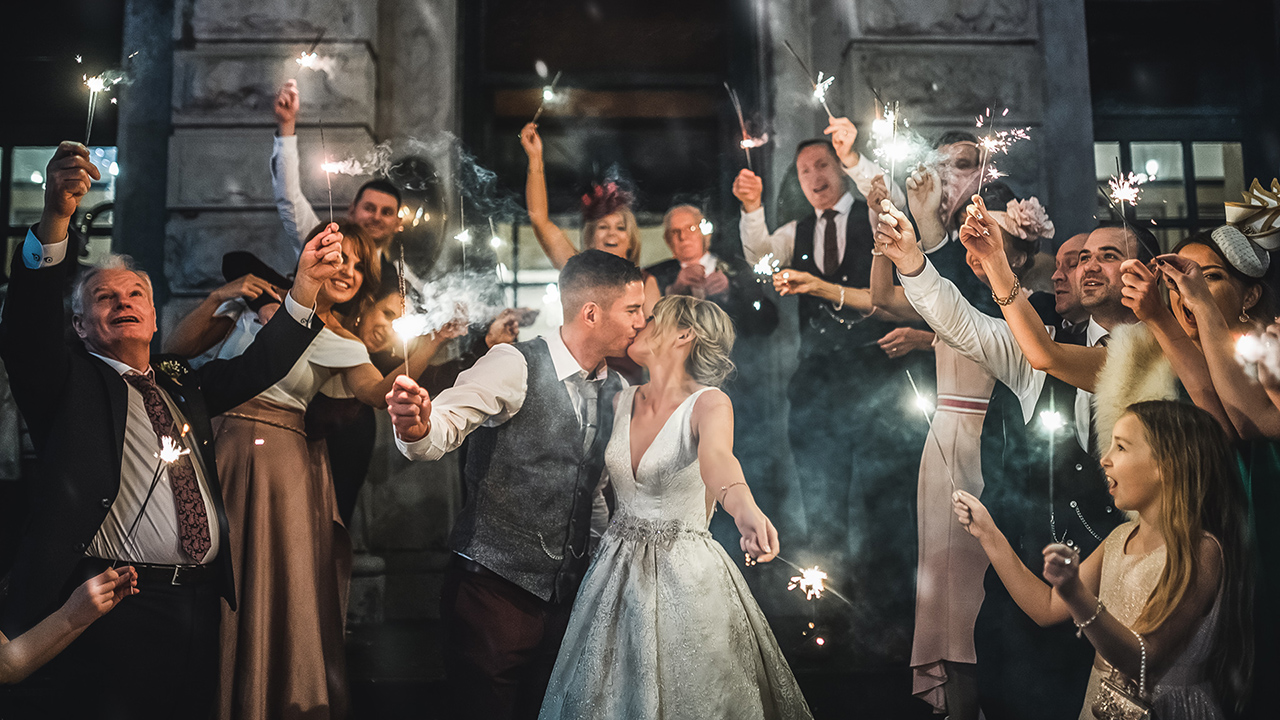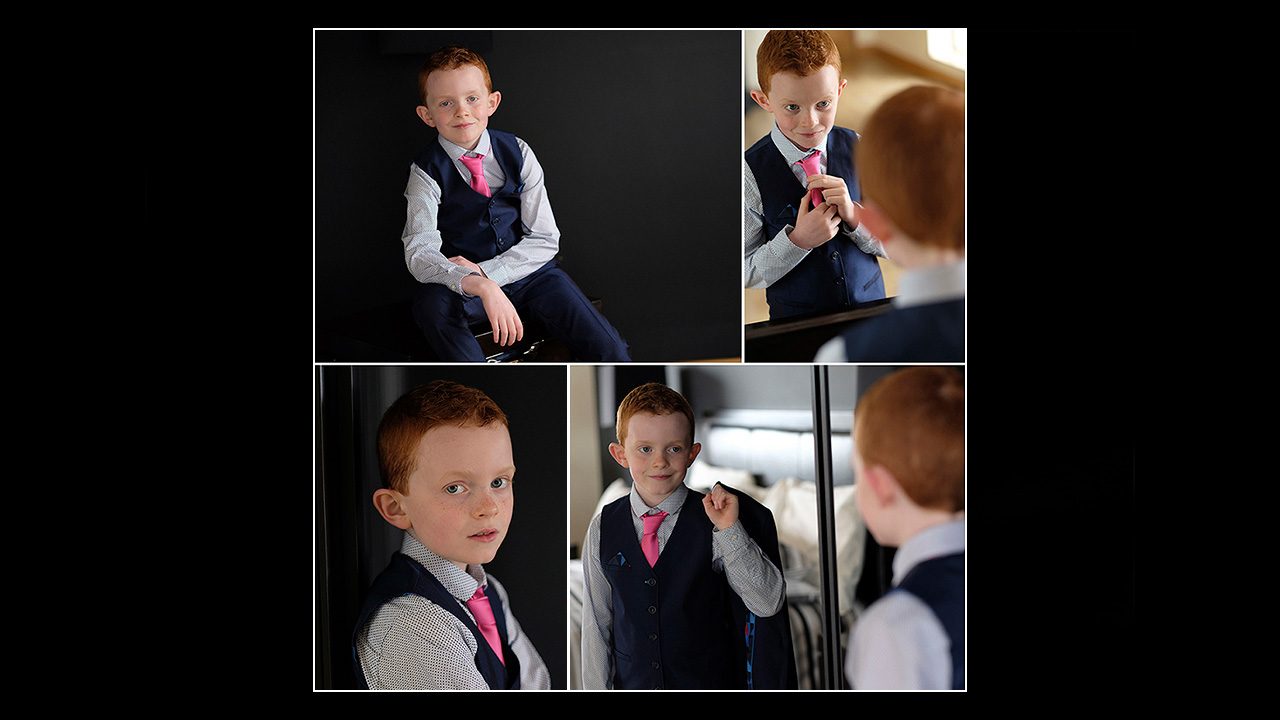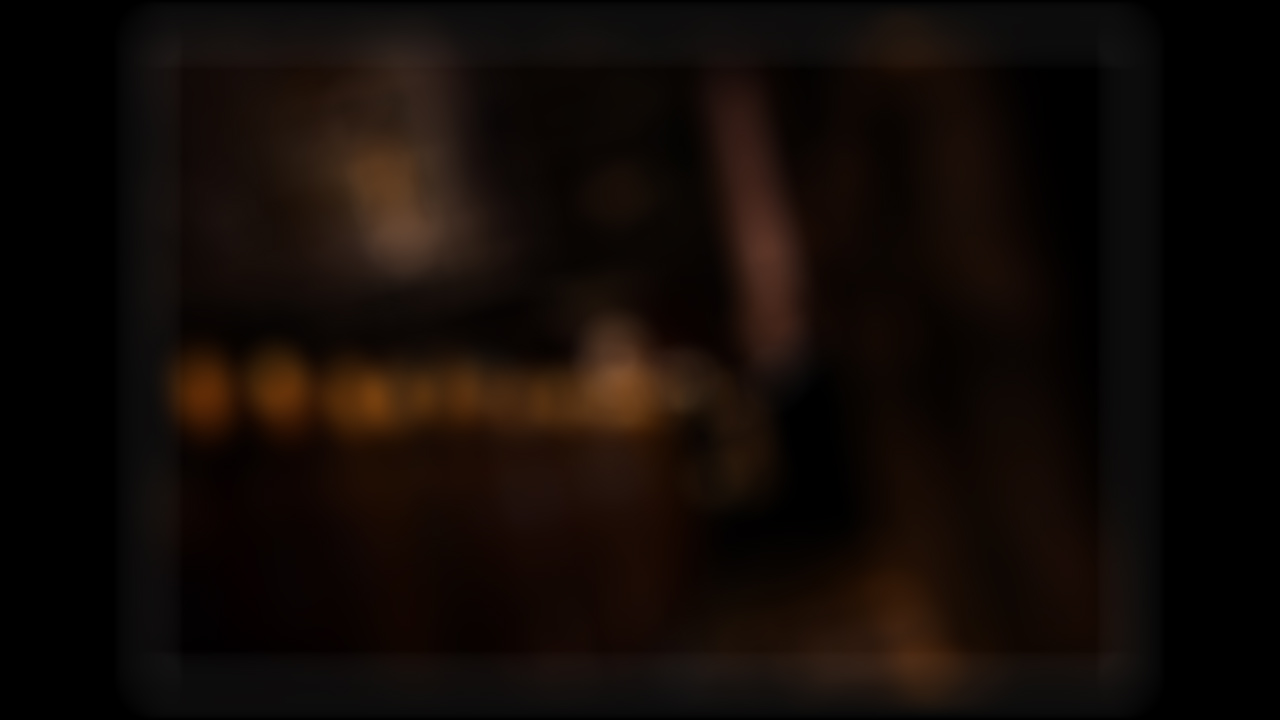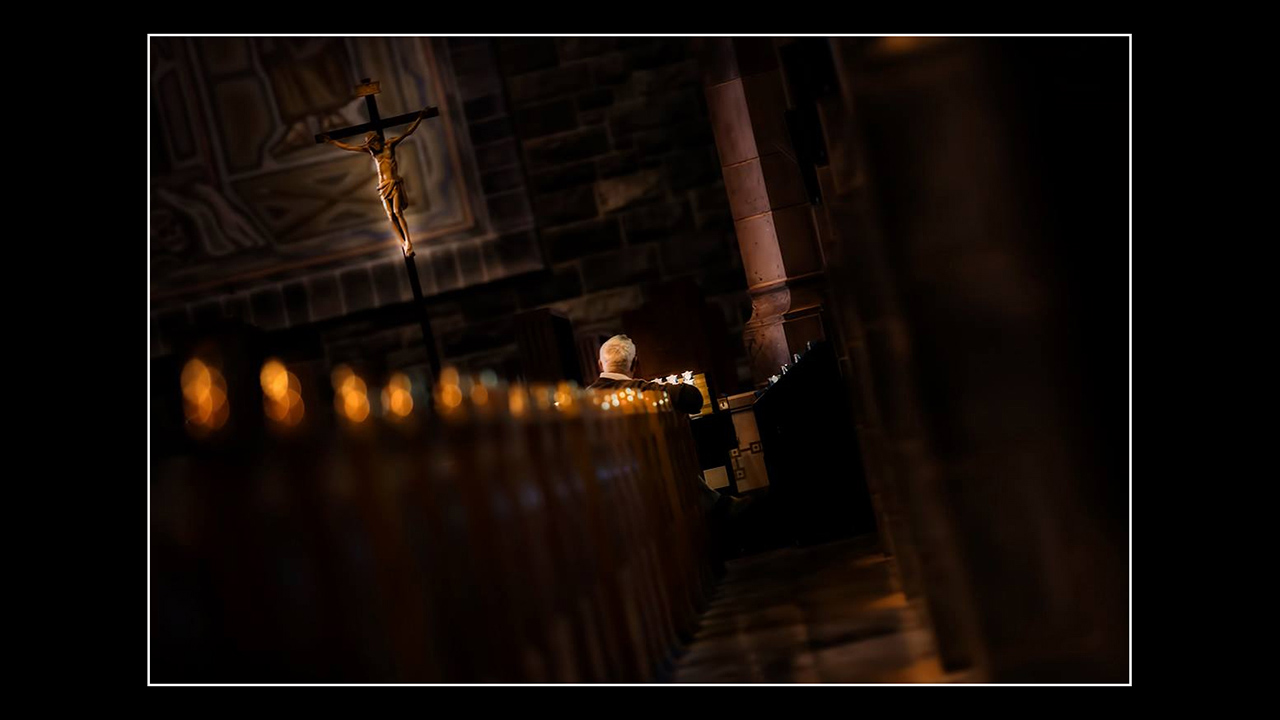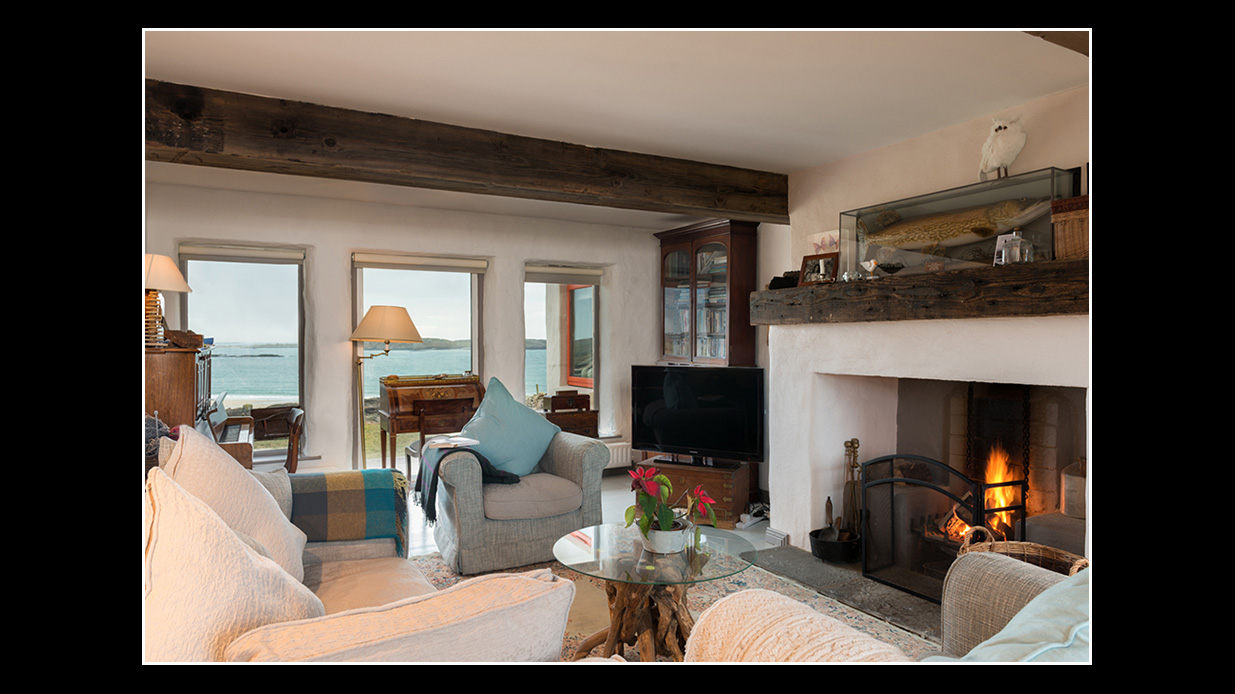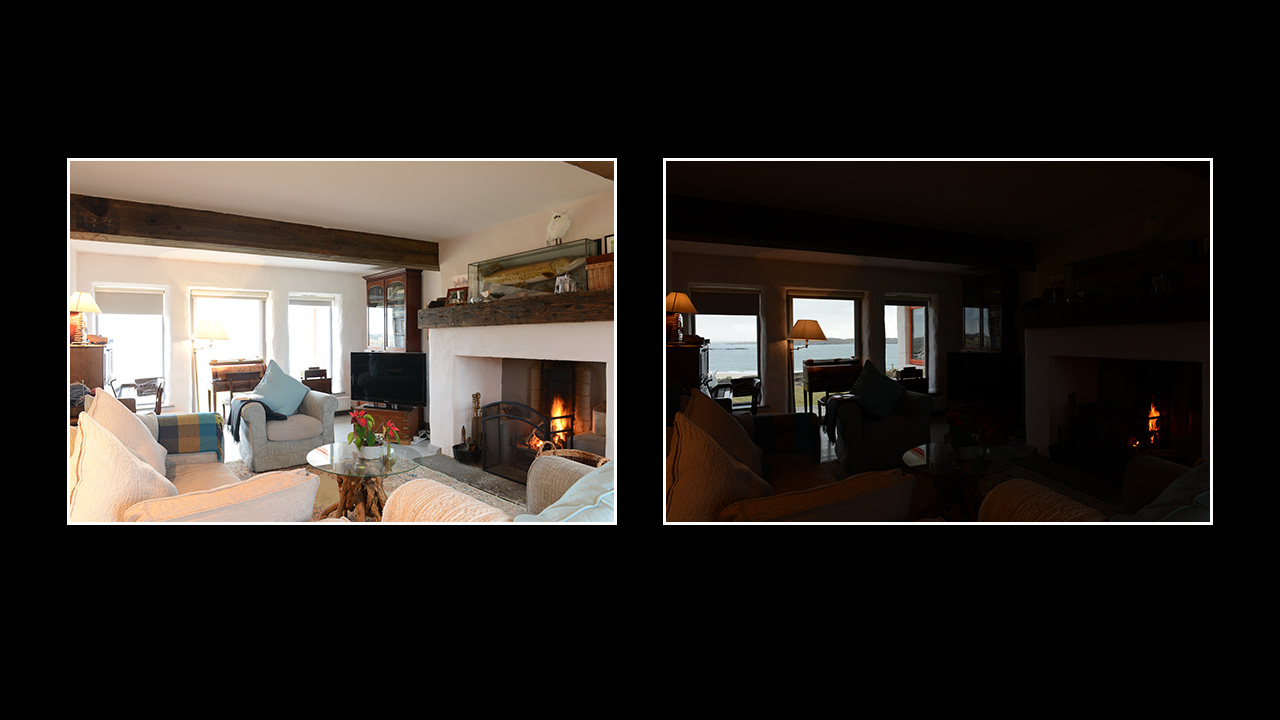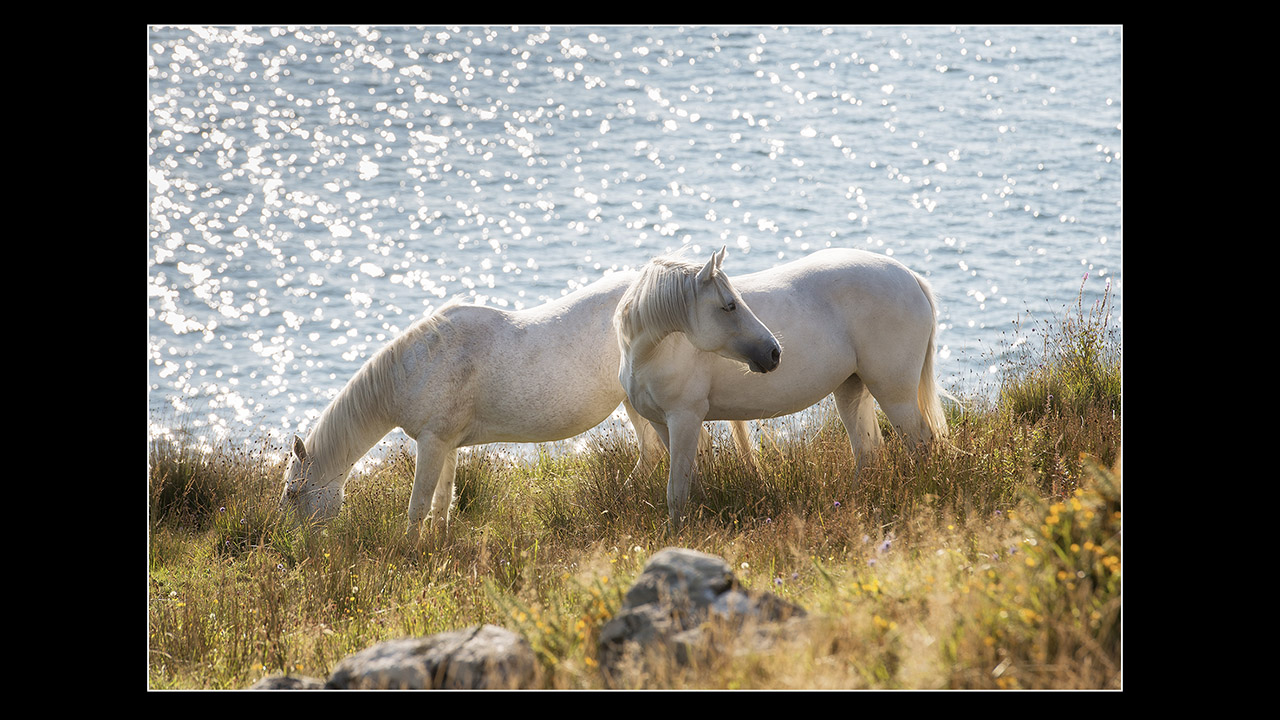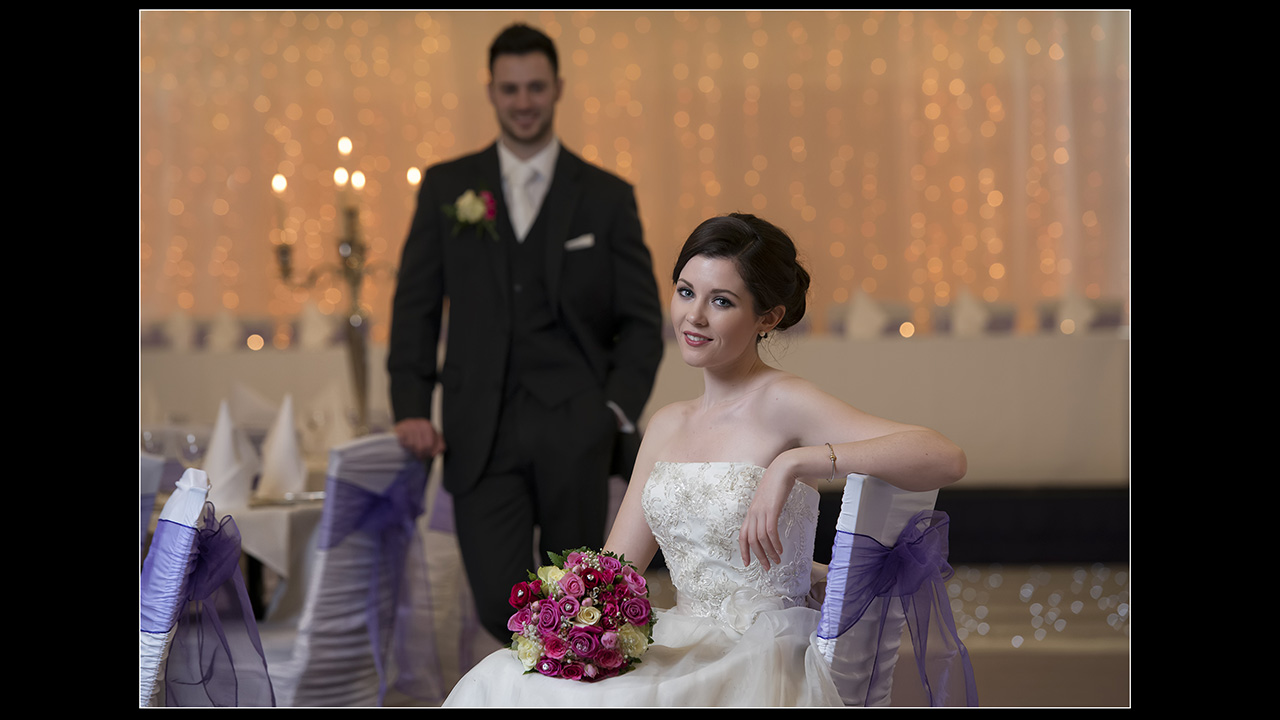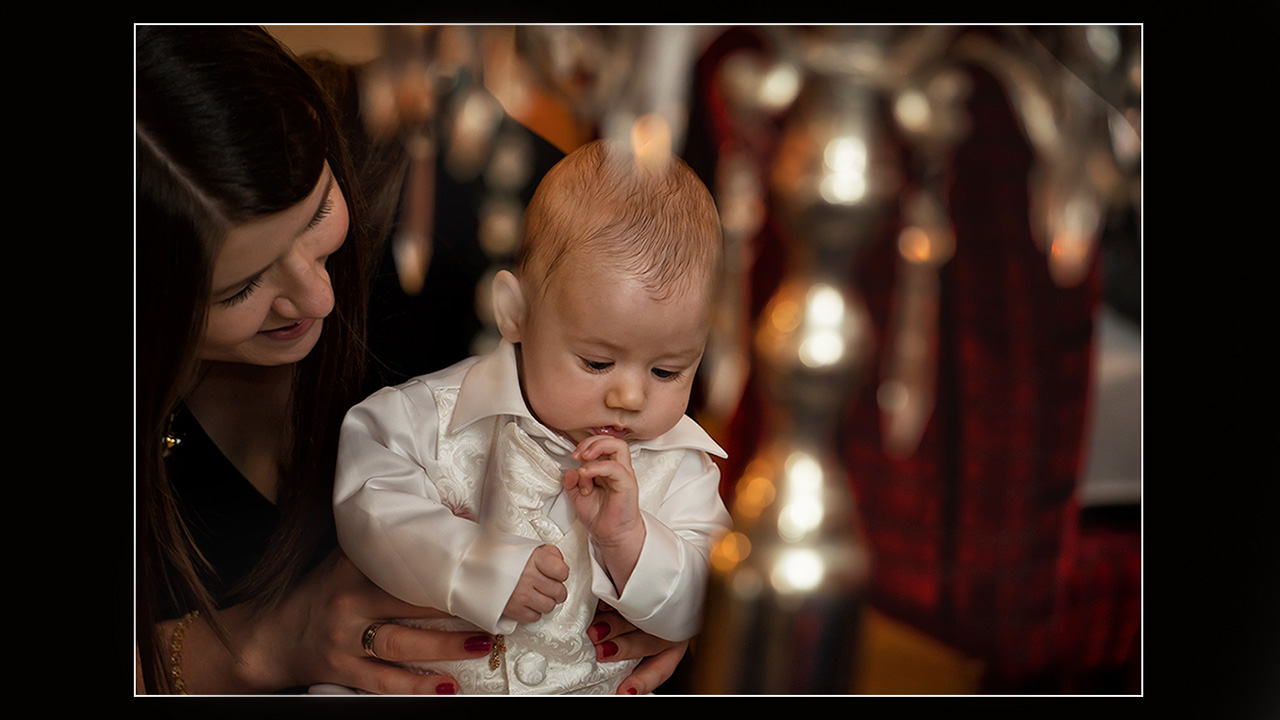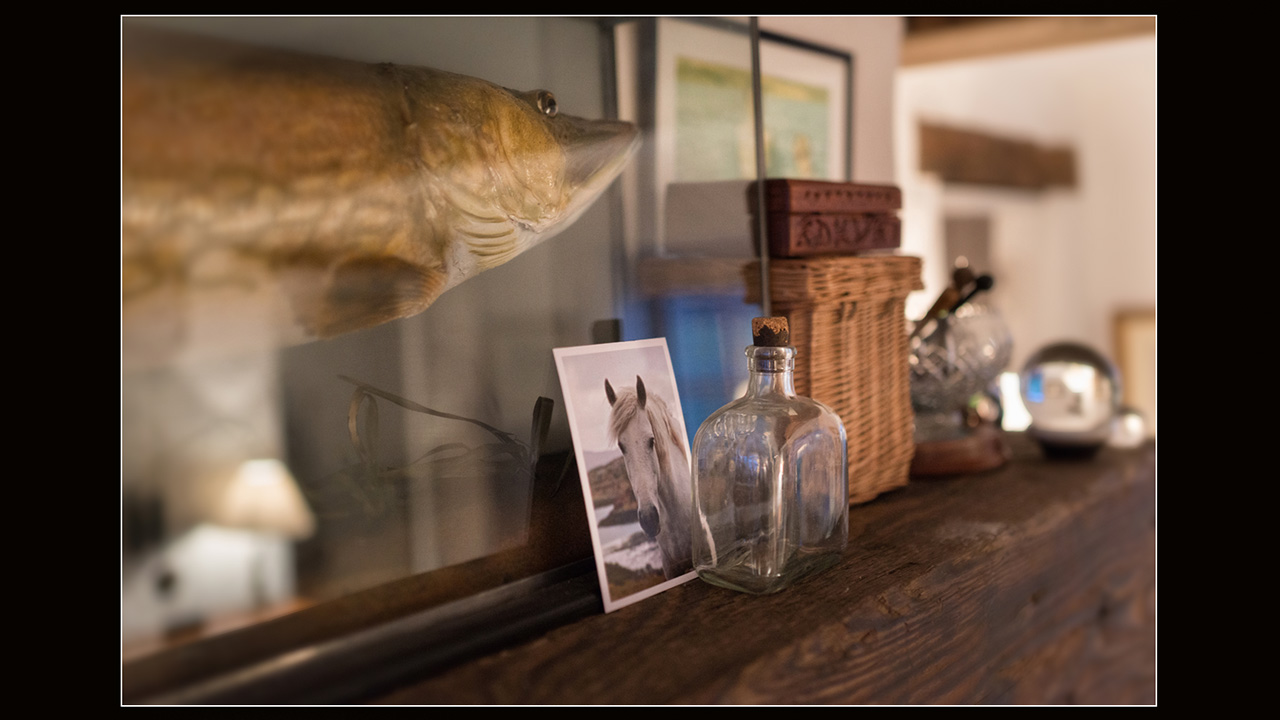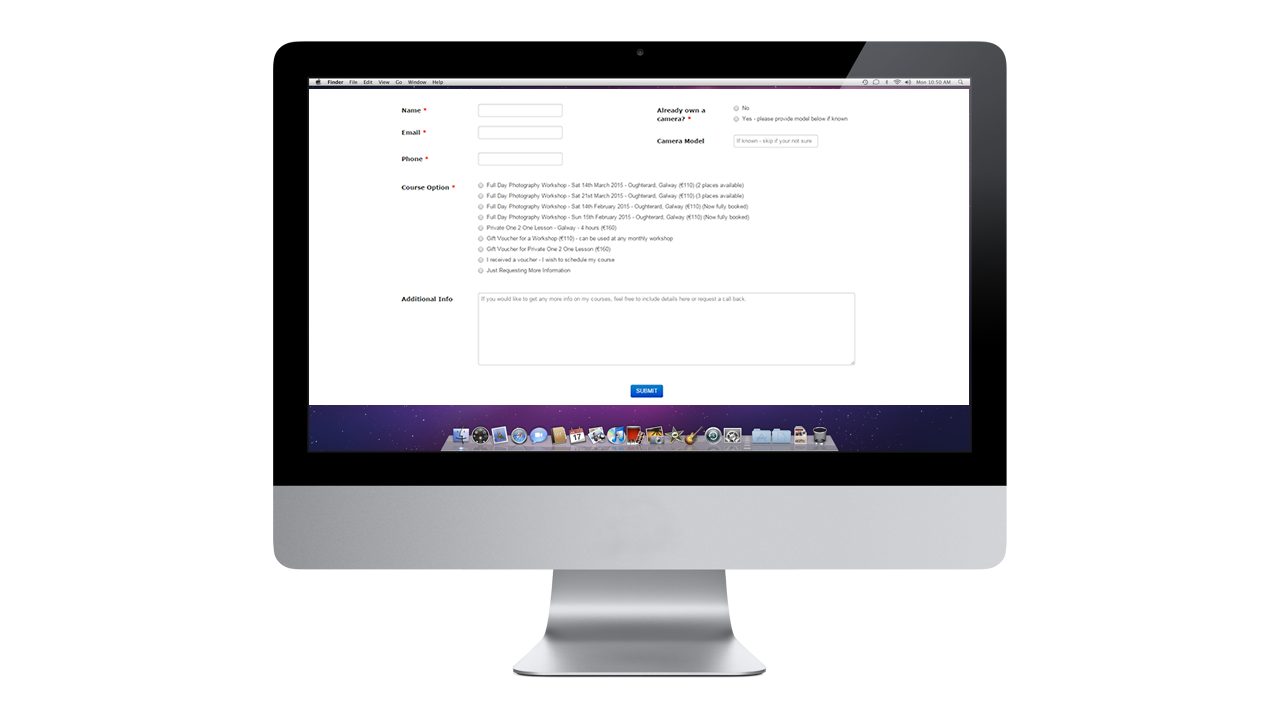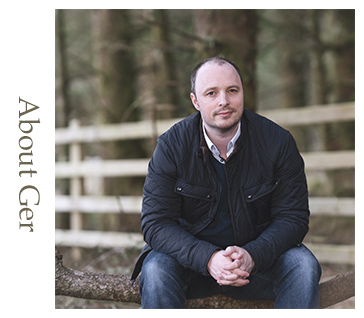
Beginners Private Photography Lessons in Galway 2019
Learn photography at your own pace with a course plan tailored to your areas of interest.
I'm currently running one to one private photography lessons titled The Fundamentals of Digital Photography. I have been teaching these courses for 6 years now and also run monthly group workshops for beginners, check out the group workshop page for details. The 4 hour course is very hands on and can be tailored to photography beginners, intermediates or advanced skill levels. This course is aimed at people who have a digital SLR or mirrorless camera or people who are planning on buying a camera and want to learn the essential skills to take better photos. Intermediate or advanced skill levels is also catered for if the attendee has specific areas of photography or lighting which they wish to learn. Photography lessons may take place in your own home or in mine. Each course is tailored to your requirements to ensure you get the best out of the course. This is run over a 4 hour session.
We'll be examining the core concepts of digital photography with a view to understanding and overcoming the common issues encountered by new digital camera owners. Course attendees will be encouraged to bring their own camera but this is not a requirement. The course will be in a relaxed environment where students are encouraged to ask questions and get hands on. The aim of the course is to provide a solid understanding of digital photography and we'll examine typical shooting scenarios and the best settings to use to improve your picture taking.
Below is a general outline of what you can expect to learn on the course. For booking information, please contact me and I will provide you with more details & confirm your booking. I also run group based one day workshops for group of up to 4 people. More info on my Photography Workshops page.
If you have any questions about the course or require some more information, feel free to get in touch.
The beginners full day photography workshops are €120 | The 4 hour private one 2 one photography course is €240
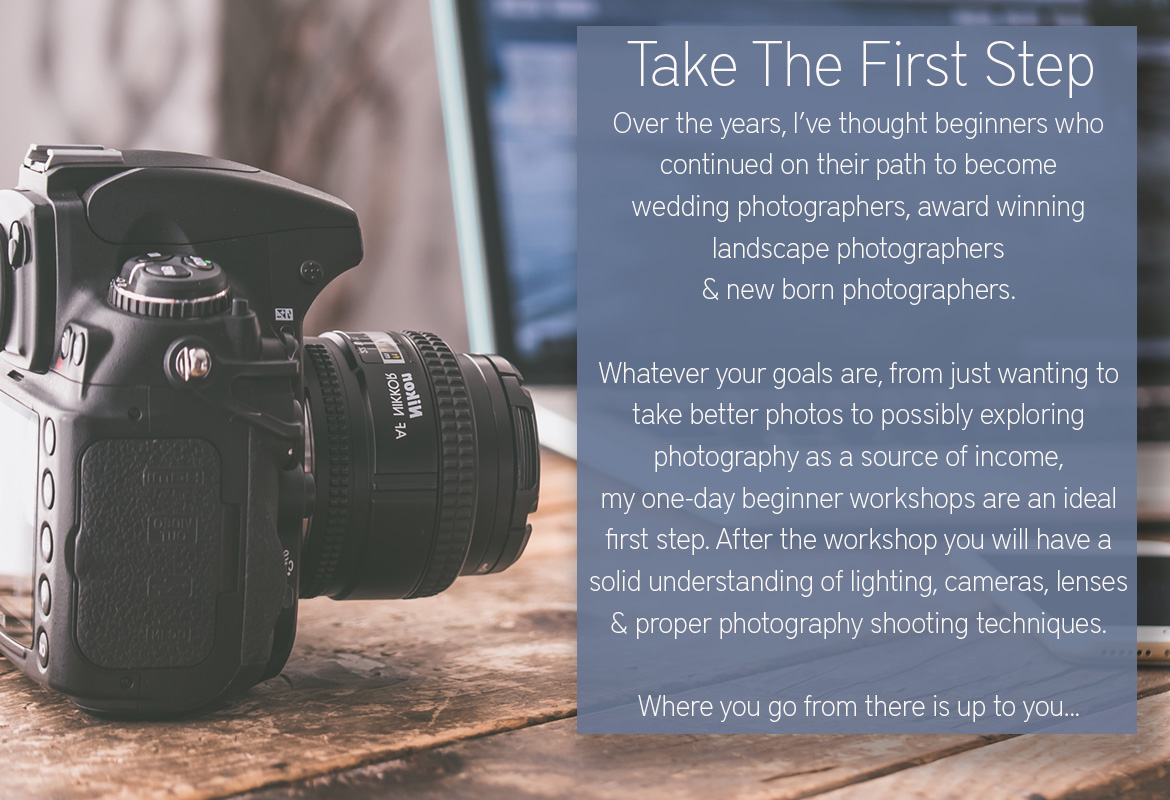
Attendee feedback from a photography workshop
"Thanks for all the info at Saturday’s workshop Gerard, I really enjoyed the day and it seemed to go so fast, a sure sign that it was really interesting. I spent all day yesterday out practicing and putting into action what we went through and it’s all making since to me now. Previous to this, I would have ideas of shots I’d like to take but never knew what settings to use, but now I understand what the camera is trying to do, even before I take the shot and I must say I’m finding a vast difference in my images, only one day after your workshop, thanks again."
Tony McMahon – October 2013 Workshop

Tip: Camera equipment & lenses can be expensive, if you are a home owner, consider contacting your home insurance provider and listing your camera equipment on your household insurance policy. This can be done for about an extra €30 per year and will safeguard yourself against accidental damage.
Digital Photography Workshop Course Overview
CONCEPTS & TERMINOLOGY
How Your Camera Works
Understanding Digital Camera Sensors
Understanding Camera Exposure: Aperture, ISO & Shutter Speed
Understanding Camera Metering
Understanding Depth of Field
Understanding Camera Lenses: Focal Length & Aperture
Understanding White Balance (Image Colour)
Understanding Camera Autofocus
Understanding RAW Files: Why Should I Use RAW?
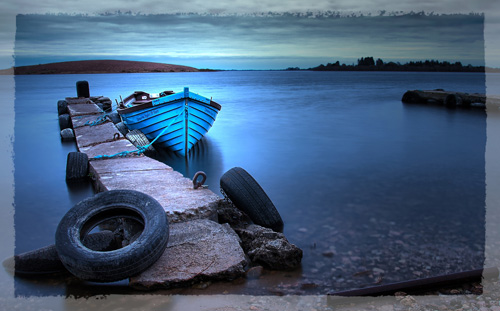
CAMERA EQUIPMENT
Camera Types & Accessories
Selecting & Using a Camera Tripod
Camera Lenses
Using Wide Angle Lenses
Using Prime Lens
Using Telephoto Lenses
Using mid range zoom lenses
Choosing which lens for which photo

PHOTOGRAPHY TECHNIQUES & STYLES
Camera Usage
Camera buttons, dials and key menus
Using Camera Shutter Speed Creatively
Reducing Camera Shake with Hand-Held Photos
Landscape photography - using a tripod
Action Photography – Kids, Pets & Sports
Image Composition
Photo Bracketing - why & how to use it
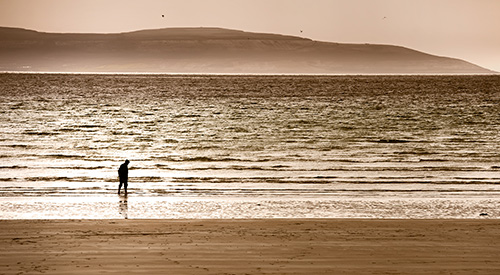
UNDERSTANDING LIGHT & FLASH
Understanding Dynamic Range of Light
Types of light - soft light, hard light, diffused & directional light
Lighting vs location - whats more important and why?
Lighing for portraits
How to photograph in sunlight & shade
Using flash indoors vs outdoors
Using your builtin camera flash
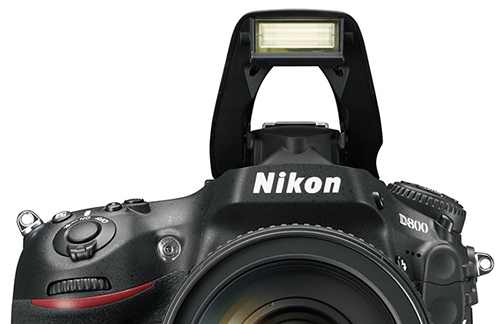
Attendee feedback from a photography workshop
"I just wanted to thank you again for Saturday's photography workshop. It was exactly what I needed to go forward with my photography. Trying to learn about exposure without any help was only getting me so far and you explained it in such detail and made it a much more graspable concept to understand as well as opening my eyes to new things that I had no idea of. You've set my love for photography in stone now so thank you for that. I cant wait to put it all into practice."
Kieran O'Halloran - April 2013 Workshop
What you can expect from the photography course
Theres quite a few manual pages listing of all the buttons & menu settings of your DSLR. The reality of is that most people only use a selected few buttons over & over again. The reason being, at the core of photography is the concept of the exposure triangle, essentially the 3 elements that control the light being recorded by the image sensor and thus making your photo. It doesn't matter what camera you have, even your iPhone uses the concepts of the exposure triangle to take photos. If you learn nothing else this year about photography, but you fully understand how the exposure triangle works, you'll be taking some seriously good photos. And what's nice about it is that the same principles of exposure apply to any camera, once you understand the concepts of exposure, they're the same from camera to camera, just the buttons may change slightly.
In my 4 hour course, I cover the exposure triangle in great detail including it's secondary effects like motion blur, freezing fast paced action & dropping backgrounds out of focus with shallow depth of fields as show in the image below. These are the creative effects possible once you understand exposure. Exposure & the many other topics listed above will be demonstrated in detail.

We'll run through typical shooting scenarios and we see what works, what doesn't work & why. For example, we'll take a scenario where it's just too dull indoors to take a photo without flash so we examine what we need to know about flash & how best to use it. This will be one of many typical shooting scenarios which we will examine. The course follows the following format: 1) learn the concepts in a related environment, it won't be like school I promise 2) view photos which demonstrate the concepts 3) review which buttons control the concepts and 4) take real life scenarios to put them into practice & get hands on with your/my cameras. The many other sections of photography that will be learned in the course will follow a similar format. Then wheather permitting we'll head outside and get some more shooting practice.

General advice on caring for your camera & lenses
The glass on the front of your lenses can be scratched easily, consider purchasing a UV filter which is a screw on glass filter which attaches to the front of your lens. These come in different filter sizes so be sure to check the filter size for your particular lens. These filters do not effect image quality so can be left on the lens permanently. If the UV filter get scratched, simply replace it with another one while keeping your lens safe from dust, dirt & scratches.
When not in use, store your camera in a cushioned camera bag, while keeping it safe against knocks it also ensures that no dust is getting to the camera. To remove the build up of dust from the front of your lens, the best tools to use are a micro fibre cloth, a lens pen (simular to a brush for brushing away dust) or a rocket blower (blows air on the lens to blow away any dust). You can find these by searching for them in Amazon UK. You can also get these in camera shops in Galway.
I would not advise leaving your camera or lenses in your car overnight in the winter months as it gets quite cold & condensation may build up on the lens. If condensation does build up, do not try to wipe it off, let it evaporate naturally.
Try to get into the habbit of using your camera strap & finally, if you do not use your camera for a prolonged period of time, remove the battery.
This 4 hour course has a lot packed in & we will cover a large amount of detail. As the course is one to one, we can move between topics at a quicker pace than a typical classroom based course. You'll have the advantage of my full attention for the full 4 hours, we can move at a pace that suits you, cover the topics you like & skip the ones you already know. The flexibility of this type of training will ensure you leave with the knowledge you require.









